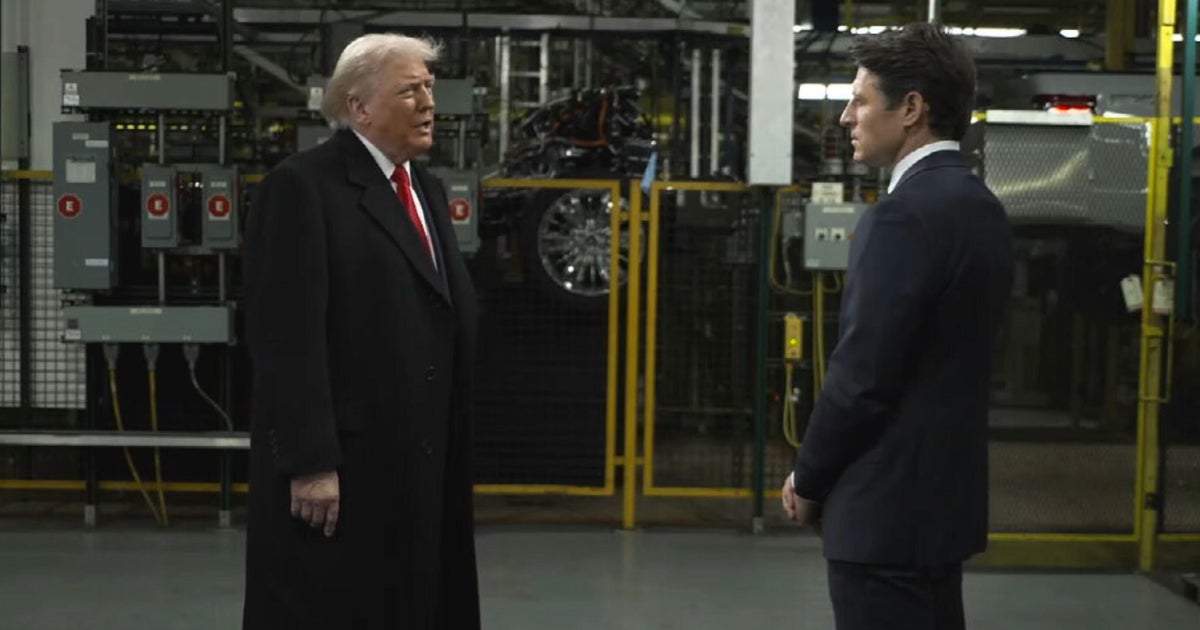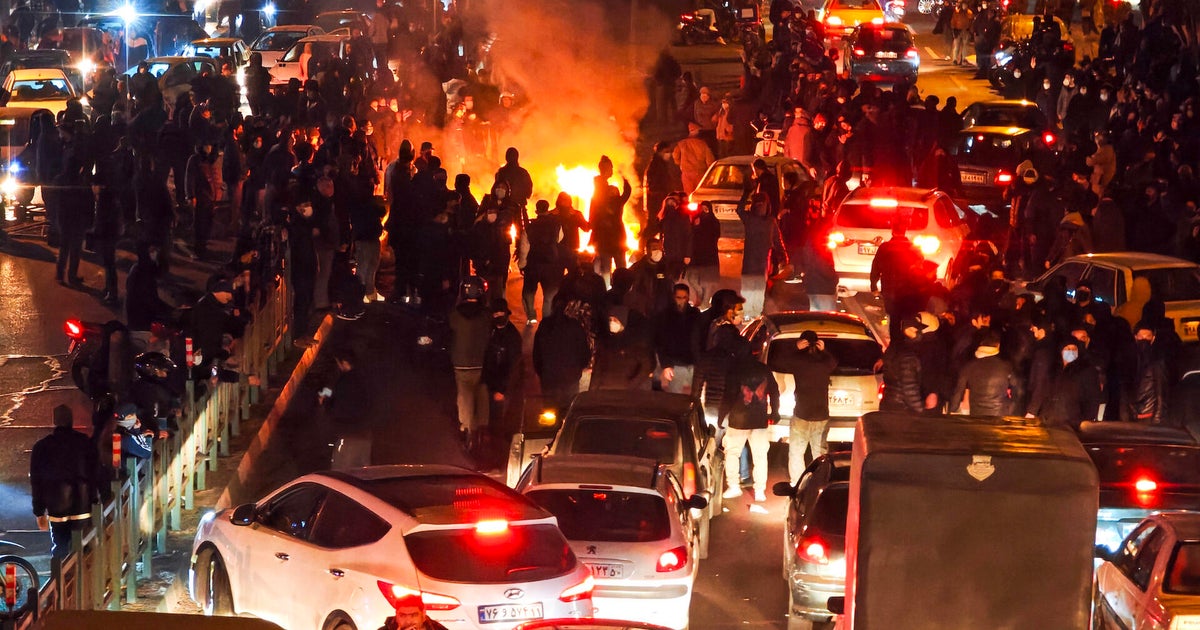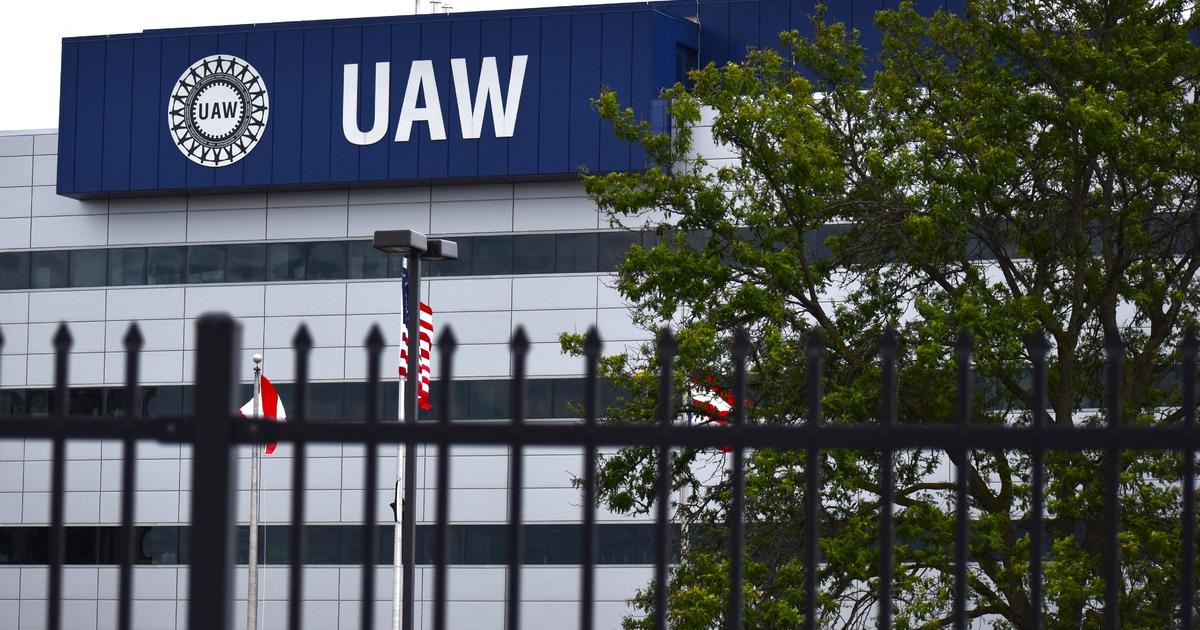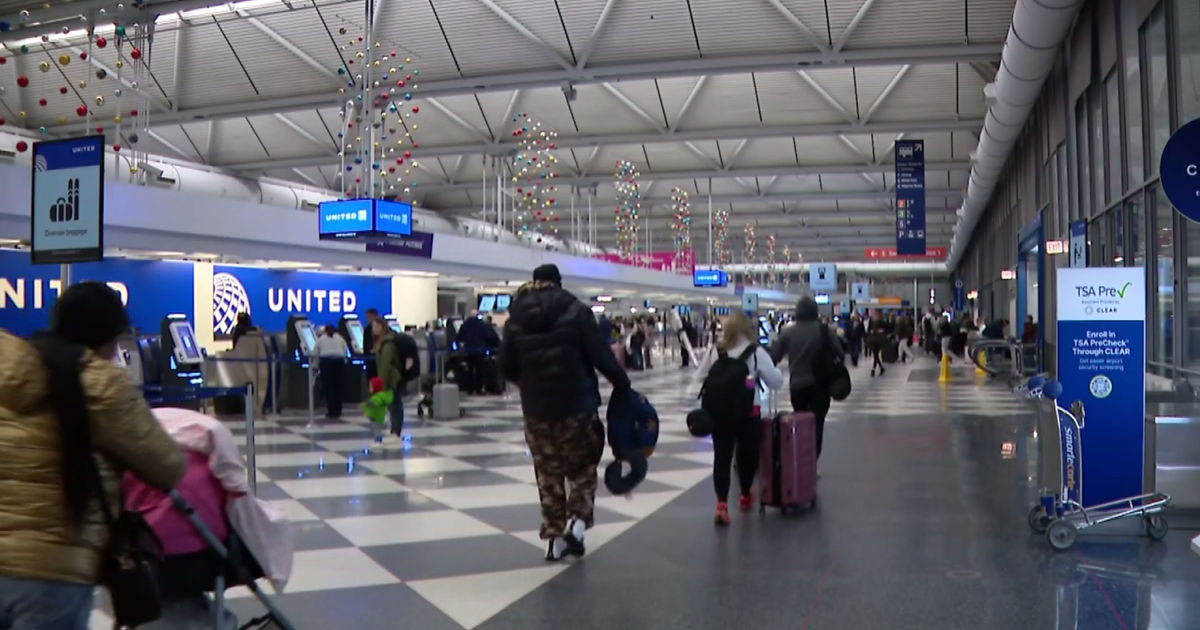President Obama Defends Iran Nuclear Deal, Says It Will Make World Safer
WASHINGTON (CBSNewYork/AP) -- As the United States circulated a draft U.N. Security Council resolution to authorize the nuclear deal with Iran, President Barack Obama defended the agreement Wednesday.
To the president, the accord with Iran to limit its nuclear program was "a historic day" for the U.S., world powers and Iran.
"The comprehensive, long-term deal that we achieved with our allies and partners to prevent Iran from obtaining a nuclear weapon represents a powerful display of American leadership and diplomacy," Obama said. "It shows what we can accomplish when we lead from a position of strength and a position of principle."
Obama said the agreement is built not upon trust, but on verification, CBS2's Craig Boswell reported.
"If Iran violates its commitments, there will be real consequences," the president said. "Nuclear-related sanctions that have helped to cripple the Iranian economy will snap back into place."
Obama said critics of the plan need to consider the alternatives.
Without the deal, according to the president, the world risks "even more war in the Middle East,'' increases the chances of an arms race, and leaves open the possibility that Iran comes closer to having a nuclear weapon.
Obama warned the deal shouldn't be allowed to "slip away'' because the opportunity "may not come again in our lifetime.''
One day after the U.S., Iran and world powers announced the deal, Obama said the U.S. faces a "fundamental choice'' about whether to embrace the opportunity to resolve the Iranian nuclear issue peacefully.
The president's remarks appeared aimed at Congress, where lawmakers are discussing legislation to try to stop the deal's implementation.
"I expect the debate to be robust, and that's how it should be,'' Obama said, imploring lawmakers who are skeptical of the deal to "remember the alternative.''
"Congress has the ability, over these next 60 days, to scrutinize it, debate it, and ultimately -- God willing -- to stop it," said Rep. Ron DeSantis (R-Florida).
Obama laid out challenges to those in Congress who are questioning the deal, asking them to stop and read the 100-page plan before objecting to it.
Obama said critics should then explain why they think that the agreement won't keep Iran from getting a nuclear weapon -- and and why they know better than experts like his energy secretary, Ernest Moniz.
The president challenged critics to come up with a better alternative to the deal, and suggested if their alternative is to rein in Iran through military force, they should be willing to say that.
Obama has threatened to veto any congressional legislation that would seek to block implementation of the agreement. But Congress could still override the president's veto.
But members of Congress are not the only ones calling the deal a mistake.
"It will give the number one terrorist state of our time the means to inflict the greatest terror of them all -- nuclear terror," said Israeli Prime Minister Benjamin Netanyahu.
Netanyahu said his country is not bound by the agreement and opposes the deal.
Under the deal, Iran's will remove two-thirds of its installed centrifuges and get rid of 98 percent of its stockpile of uranium.
In exchange, the president said Iran will receive phased in sanctions relief as it fulfills the provisions in the deal.
The president said he hopes the nuclear deal will encourage Iran to stop sponsoring terrorist actors in the Middle East and said the U.S. will try to gain greater cooperation from the Islamic Republic on ending violent unrest in Syria and Yemen.
But he also noted "we're not betting on it.''
Meanwhile, Iran's Supreme Leader Ayatollah Ali Khamenei sent a letter Wednesday thanking his nuclear negotiators, though he warns the deal must be scrutinized.
Khamenei wrote hat some of the countries involved in Tuesday's landmark deal in Vienna "are not trustworthy at all.''
The supreme leader holds the final word on all state matters. The letter sent out Wednesday was posted on his official website and carried by Iran's state-run IRNA news agency.
While answering questions in the East Room Wednesday, President Obama left no question about his position on the larger issue of rape.
When asked by a reporter about revoking Bill Cosby's presidential medal of freedom, Obama said there's no precedent or mechanism to take back the medal.
"And as you know I tend to make it a policy not to comment on the specifics of cases where there might still be, if not criminal, than civil issues involved," the president said. "I'll say this: If you give a woman, or a man for that matter, without his or her knowledge a drug and then have sex with that person without consent that's rape. And I think this country -- any civilized country -- should have no tolerance for rape."
Court documents obtained by The Associated Press have revealed that Cosby admitted under oath that he obtained quaaludes to give to women with whom he wanted to have sex.
A sexual assault awareness group has petitioned the White House to revoke Cosby's Presidential Medal of Freedom.
(TM and © Copyright 2015 CBS Radio Inc. and its relevant subsidiaries. CBS RADIO and EYE Logo TM and Copyright 2015 CBS Broadcasting Inc. Used under license. All Rights Reserved. This material may not be published, broadcast, rewritten, or redistributed. The Associated Press contributed to this report.)







